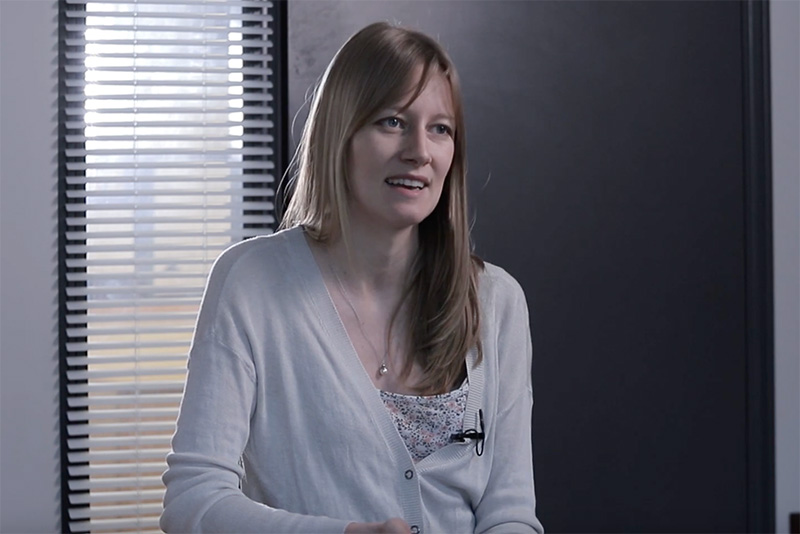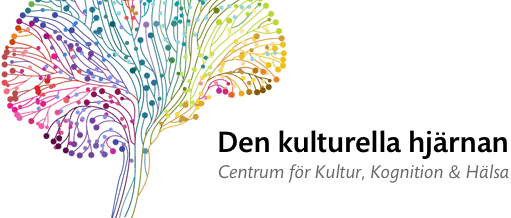Daisy Fancourt on the effect arts have on our well-being, the correlation between reading fiction and health behavior and how arts can treat chronic pain and mental health problems like depression and dementia. Her studies are based on empirical data from large scale national public data (so called cohort studies), rather than the usual small specific groups that typify many studies in arts and health.
Arts and Public Health — Daisy Fancourt video interview


